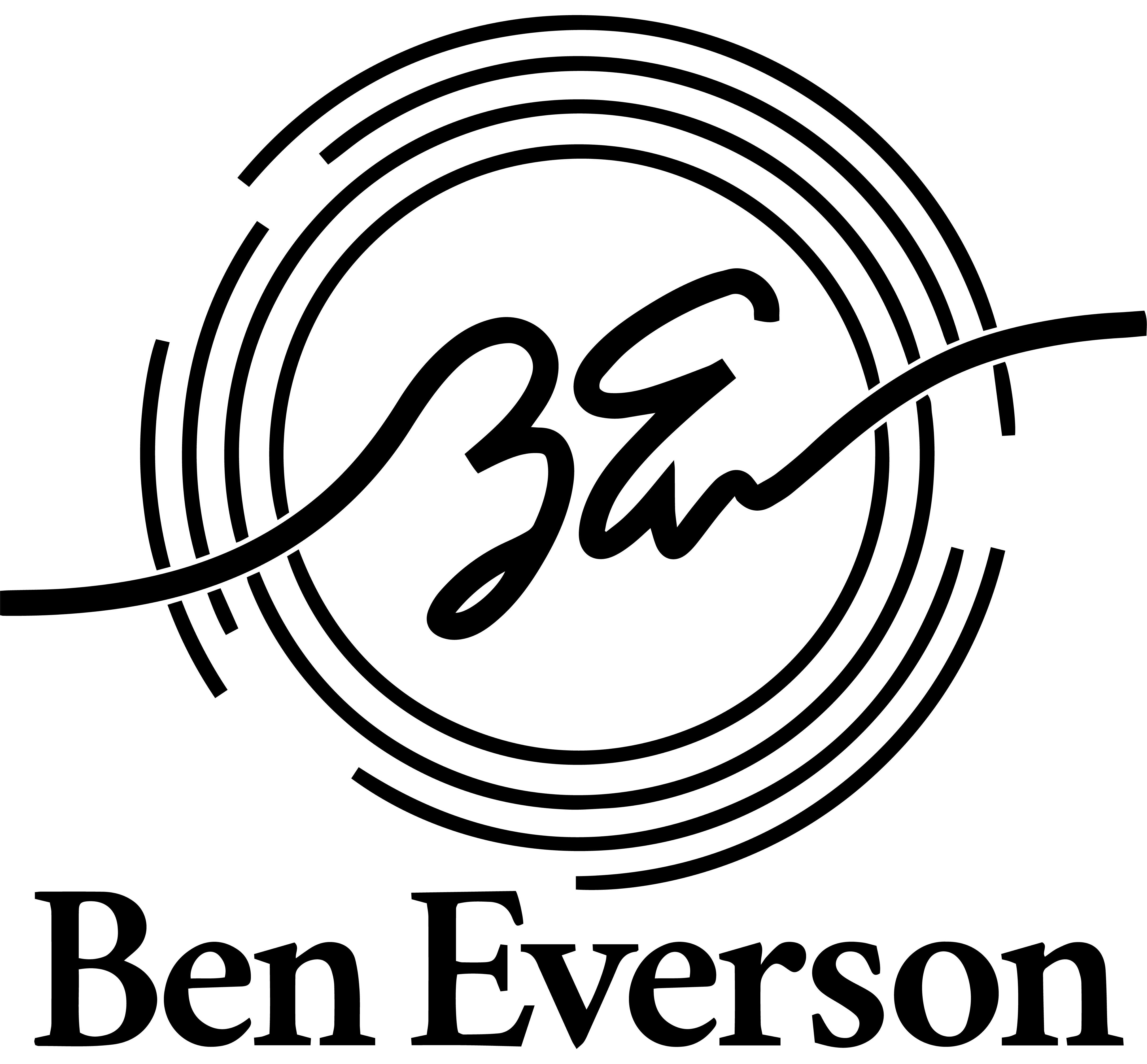Have you ever watched a singer who was struggling to get the sound out? I always feel a pang of sympathy when I see someone coughing between verses, licking their lips and swallowing in an attempt to overcome dry mouth, or straining to reach notes that they surely could reach perfectly in rehearsal. Sunday morning jitters, performance stress, and tired vocal chords all conspire against singers. But there’s another factor we don’t often consider: water.
How Does Water Affect Your Voice?
We all know how important water is for keeping our bodies hydrated. The “six to eight glasses per day” rule has been drilled into us since middle school health class. But did you know that not drinking enough water can sabotage your singing efforts too?
- Your vocal chords need water to function properly. When you sing, vocal chords vibrate against each other in order to produce sound. Dry vocal chords become irritated quickly, even becoming red and swollen if you push through the irritation. But when you drink plenty of water, vocal chords receive a nice cushion of mucus to protect them from that irritation. They are also more flexible and respond better to the gymnastics you’re asking them to perform as you belt out that high G.
- Water helps pronunciation. When your mouth feels dry and tacky, you won’t be able to enunciate as clearly as you will when you have a nice coating of saliva over your tongue and teeth. Yummy.
How Much Water?
How much water do you need to handle the Hallelujah Chorus? Six to eight glasses per day is a rough guide, but some people may need more under certain conditions:
- Venue—If the building feels hot and dry, you’ll need more water to stay hydrated. This can be especially true in the winter when forced air heating systems suck the moisture out of the air and your skin.
- Performance Vigor—This is a nice way of saying that if you sweat a lot, you need to drink more water. Do you move around a lot when you sing? Will you be singing for lengthy periods of time under a bright spotlight? Then drink some extra water before you sing or between numbers.
- Caffeine Intake—If you turn to tea, coffee, or soda when you’re thirsty, rethink your beverage choices on the day you sing. Caffeine is a diuretic, which means water will exit your body more quickly and you’ll become dehydrated. Stick with water to keep yourself hydrated (and reduce the number of trips to the bathroom).
Experts tell us that thirst is not a good indicator of whether you need to drink water or not. By the time you feel thirsty, your body is already dehydrated. Sip water throughout the day whether you feel thirsty or not in order to keep those vocal chords hydrated.
One Final Tip
If you prefer your water with lots of ice, I’m sorry to tell you that ice cold water will chill your vocal chords, undermining all those scales you just sang to warm yourself up. Choose room temperature or slightly warm (not hot) water for best results.
Do you drink plenty of water before you sing? If not, try making it a point to do so before your next performance. You might be surprised at the results.
